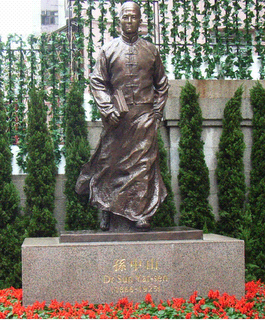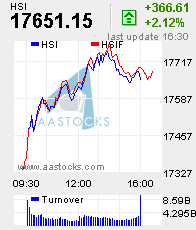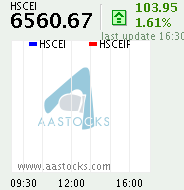The visit of Dr Sun Yat-sen Museum (Kom Tong Hall) in the Central of HK

Yesterday, I was accompanied by some friends (several desperadoes) paying a visit to the Dr Sun Yat-sen Museum at Castle Road of Central in the Island. The museum was opened last year so as to commemorate the 140th birthday of Dr Sun Yat-sen. Dr Sun Yat-sen Museum was formerly known as Kom Tong Hall.
The original building of Dr Sun Yat-sen Museum is Kom Tong Hall that was constructed and owned by the younger brother of Ho Tung --- Ho Kom Tong. He lived there from 1914 to 1950, which was later sold to the Cheng family. The Cheng family then sold it to the Church of Jesus Christ of Latter Saints in 1960. Finally, the HKSAR Government purchased it from the Church in 2004 at the expense of more than 140 million dollars and began immediately to convert it into Dr Sun Yat-sen Museum. It was opened last year. Now the museum details the life of Dr. Sun Yat-sen as a revolutionary.
As a matter of fact, Dr Sun admitted that he got his revolutionary ideas in Hong Kong. He devoted his life to overthrowing the corrupted government of Qing Dynasty and setting up the Republic of China in 1911. Dr. Sun received worldwide reputation as a great revolutionary and his career was inseparable from Hong Kong. He deserved to be respected by the Chinese people all over the world. His achievements were recognised by the people of other nations too. He is a rare revolutionary pioneer in our recent history. I think it is worth a visit.
From the view point of history, not all revolutions could be necessarily successful. Dr Sun Yat-sen and his followers might face a desparate end of the abortive revolution and receive heavy life penalty then. Revolutionary activity is full of dangers. Some describes this with a metaphor. It is linked to the likely activity of hanging a bell on a cat's neck so that the bell can warn all other mice when the cat is approaching. However, who will be the fool that shows his or her willingness to sacrifice of doing so? There may be losing lives in vain.
In terms of economic reasoning, the fruit of revolution resembles to be a “public good”. What problem emerging is the so-called “free-rider” problem. In economics, public good is the good that its consumption by any individual does not reduce the amount available for others. It will be enjoyed CONCURRENTLY by all individuals at the same time at no extra cost once it was created. The marginal cost of a public good to serving one more consumer is minimal or zero. That is, when a public good is produced by somebody the others can enjoy it free of charge.
Revolution act is similar to a process of creating such a piece of precious public good! How to solve the “free-rider” problem as interpreted by our economists? It is the real problem to be addressed. The rationale behind is the same as people enjoying a spectacular firework show without paying even a cent for it. As a rational individual, everyone tends to acting the role of spectators. They are unwilling to pay no matter some conscientious people may try to contribute a little of their efforts.
Such “free-rider” problem may become very serious especially in our country as China holds a huge population. The majority may prefer to enjoy the fruit of the achievement only. They like to see the Qing Dynasty being overthrown but trying to evade their responsibilities. This may explain how difficult and rough the road of revolution in China, I think.
Your view?
Also written in Chinese by tcwong at http://wongtc.blogspot.com/











0 Comments:
發佈留言
<< Home